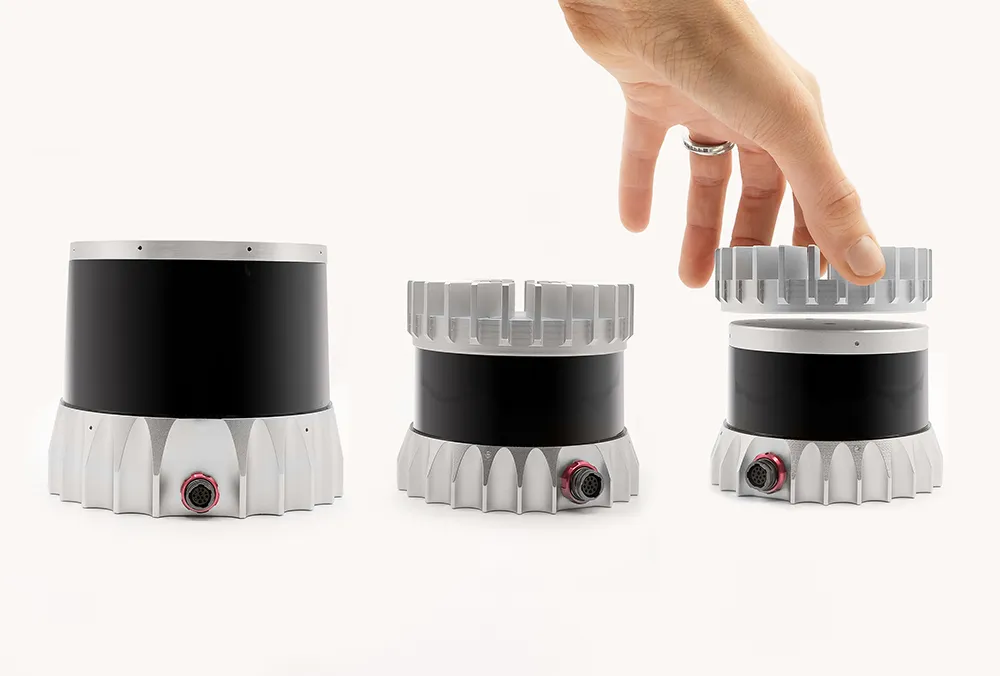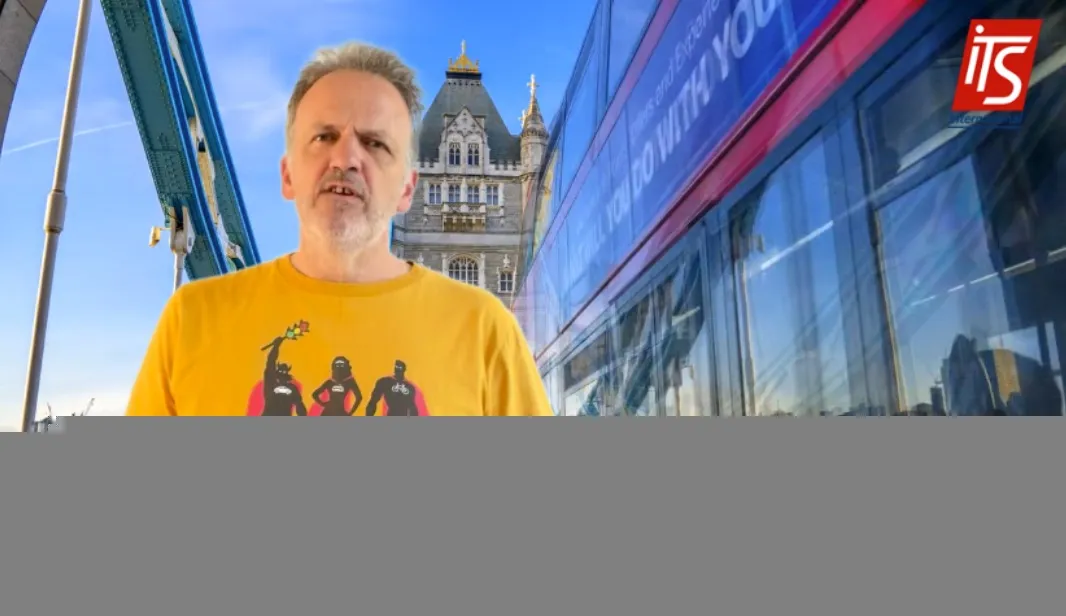TomTom and the City of Amsterdam will collaborate on the development of traffic and travel concepts to improve traffic flow and parking in the Dutch capital. They plan to investigate new ways to measure traffic flow, understand parking behaviour and enable city planners and inhabitants to make smarter traffic decisions.
Using the insights from TomTom’s Traffic data, the city government will now be able to make better decisions about accessibility and mobility throughout the city. As a result of the agree
November 25, 2016
Read time: 2 mins
Using the insights from TomTom’s Traffic data, the city government will now be able to make better decisions about accessibility and mobility throughout the city. As a result of the agreement, traffic measures, such as road closures in the city centre, will be monitored in more detail, leading to rapid intervention if changes occur in the traffic situation. The cooperation will enable TomTom to gain even more insights into the needs of a city in terms of mobility and to further develop products to help a city’s mobility in the smartest way possible.
Deputy Mayor Pieter Litjens comments: “This cooperation will make the city of Amsterdam smarter. That’s good news for the accessibility, traffic flow and air quality in the city. For example, if your navigation system sends you straight away to a free parking spot, it’ll save you countless kilometres of pointless driving around searching one. Thanks to TomTom’s insights, we will be able to look very specifically at the outcome of measures we take and see how effective they were. That way, we can continuously improve traffic and mobility throughout Amsterdam.”
“This agreement adds to our ambition of making smarter cities of the future a reality,” said Ralf-Peter Schäfer, VP Traffic and Travel at TomTom. “TomTom’s ability to advise local authorities as well as consumers makes it uniquely placed to create better mobility for the City of Amsterdam. Our real-time travel information enables rapid response on changing traffic conditions and historical travel information enables better planning as well as an improved traffic distribution by utilising the whole available infrastructure.”









